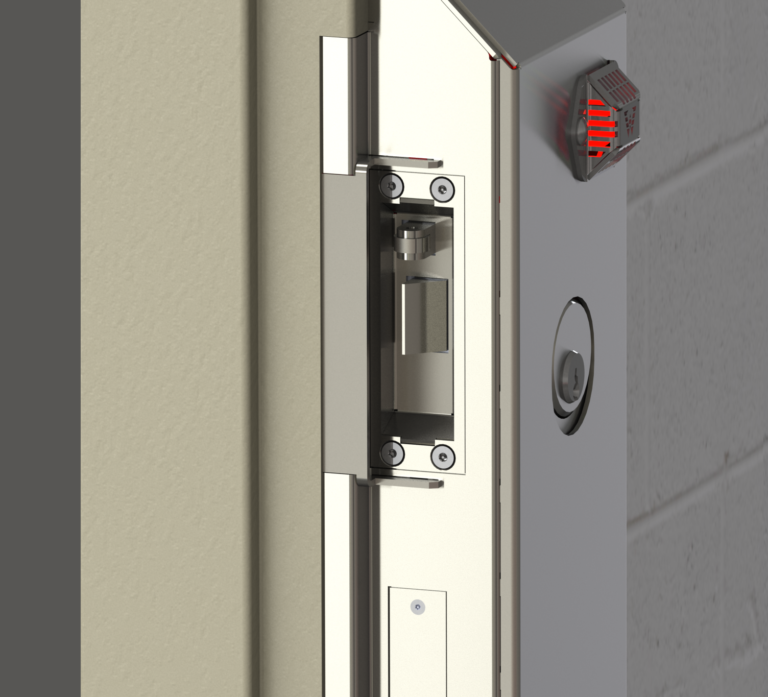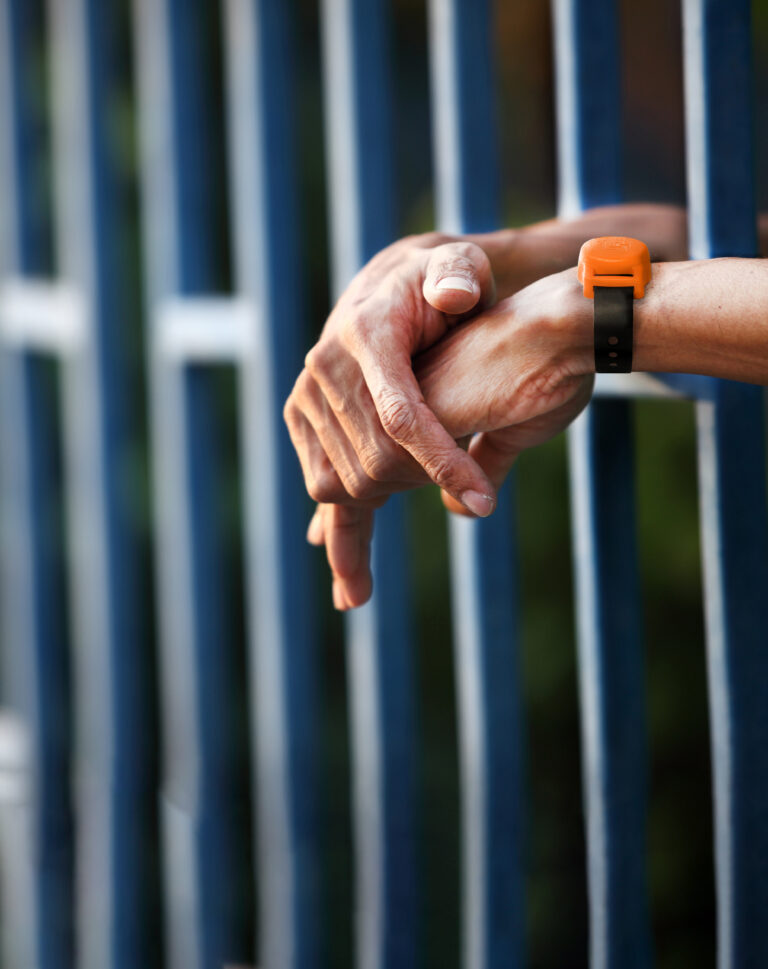Nationwide Prison Strike Enters Second Week

NEW MARKET, Ala. — Inmates across the country launched the first national prison labor strike in U.S. history on Sept. 9, the 45th anniversary of the Attica prison uprising in upstate New York. The Free Alabama Movement (FAM), a prison-based organization located in New Market that continues to mobilize across Alabama, and the Kansas City, Mo.-based Incarcerated Workers Organizing Committee helped launch the call to action for inmates who are demanding better conditions and health care, the right to unionize and what some protesters are calling an “end to slavery in America,” according to an official work-stoppage announcement.
As of now, inmates in at least 29 prisons in 12 states have launched strikes against free labor in prisons, with more than 24,000 inmates missing work, reported Mother Jones. Here’s a roundup of some of the major strikes happening across the nation:
• Florida inmates initiated protests at four facilities last week, causing Holmes Correctional Institution, Gulf Annex Correctional Institution, Mayo Correctional Institution and Jackson Correctional Institution to be placed on lockdown. As of Sept. 12, the facilities resumed normal operations, said Secretary Julie Jones of the Florida Department of Corrections in a statement.
• On Sept. 10, about 400 inmates marched peacefully as a form of protest inside the Kinross Correctional Facility in Kincheloe, Mich. Some inmates who caused damage to their housing unit were transported to other facilities, according to a statement.
• In Alabama, inmates at the William C. Holman Correctional Institute in Atmore refused to report to work on Sept. 9, but then showed up the next day, according to the Alabama Department of Corrections’ (ADOC) Twitter feed. Also in Alabama, inmates who are part of the Free Alabama Movement released a freedom bill, demanding that the ADOC reduce its inmate population to its designed capacity of 13,500 by January 2018.
• Nearby in South Carolina, inmates issued a list of demands, including the end of free labor, a call for fair wages, re-instituting GED classes and creating better rehabilitation programs.
The ultimate goal of the strike, which is one of the first nationally coordinated strikes among inmates, is to put an end to what they call “modern-day slavery,” in which medically able inmates are legally put to work for little to no pay, reported Mother Jones. All inmates throughout the prison system must do mandatory jobs such as cleaning and kitchen duties and are compensated about 12 to 40 cents an hour, except for in Texas, Arkansas and Georgia, where inmates are not paid at all. While inmates are required to work, there is no way for them to legally ask for better wages or work conditions, and few workplace safety standards for inmates are currently in place, according to Mother Jones.
Correctional department officials argue that prison work creates opportunities and job training that can lead to the reduction of recidivism as well as help inmates find jobs upon release. Apart from working for monetary compensation, inmates in some states can even work towards shortening their sentences, reported Mother Jones.
So far, no correctional departments have reported changes as a result of the strike.






